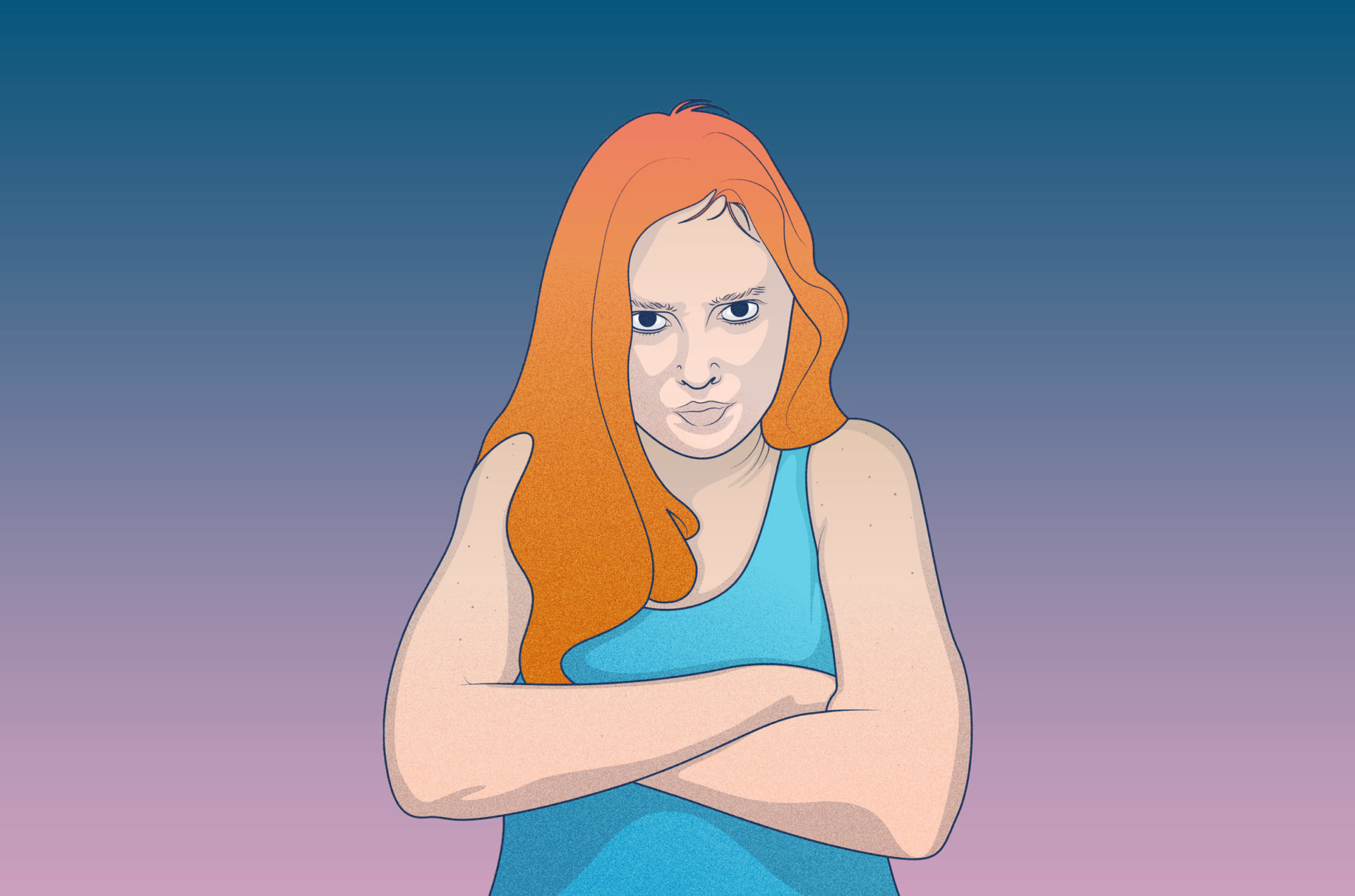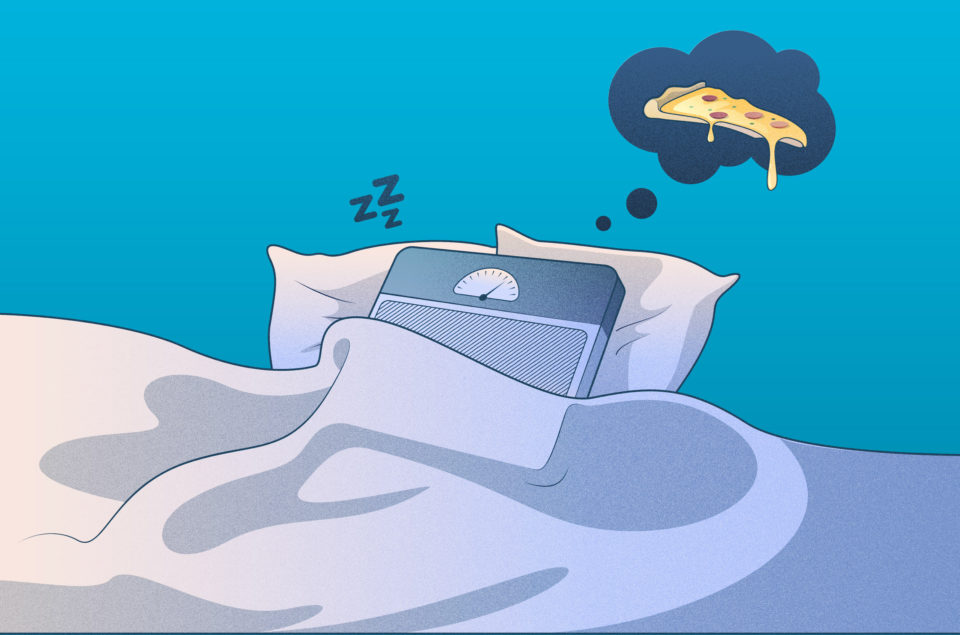After a long, stressful day, you may feel exhausted but somehow still find yourself unwilling to go to bed. You know sleep is good for you and that your mind and body crave it, but you also desperately want some “me time”, a slice of freedom during which you can enjoy something that you love- a compulsive TV show, scrolling through Instagram, or zoning out with a video game.
This act of rebellion, which people globally can relate to, has become a minor phenomenon dubbed – revenge bedtime procrastination.
Table of contents:
- What is revenge bedtime procrastination?
- Making the choice to procrastinate sleep
- Who engages in bedtime procrastination and why?
- The consequences of sleep procrastination
- Get your sleep back on track: how to stop revenge bedtime procrastination
What is revenge bedtime procrastination?
Also known as sleep procrastination, revenge bedtime procrastination is a physiological occurrence in which a person makes the conscious choice to put off sleep in order to engage in a leisurely activity. The desire to take some control back from the hours spent working or caring for others during the day manifests itself in this act of ‘revenge’ – you cut back on sleep and ‘award’ yourself more time later on.
Making the choice to procrastinate sleep
There are no external, environmental, or physical factors outside of their control preventing people from falling asleep when they’re engaging in revenge bedtime procrastination. Those who stay up late sleep procrastinating do not necessarily have the choice of a later wake time to catch up on sleep. They are simply intentionally cutting into their total sleep time. People who are serial sleep procrastinators are often very aware of the consequences that accompany decreasing their sleeping hours, but they choose to stay up anyway, seeing it as their only time to engage in low-key, pleasurable activities.
Who engages in bedtime procrastination and why?
Revenge bedtime procrastination is still a relatively new phenomenon, first introduced in 2014. Scientific research on the subject is still in its preliminary stages. However, busy parents, caregivers and those with high-stress jobs with longer hours seem to be strong victims -and perpetrators- of bedtime procrastination. In addition, a Polish sleep study also revealed that students and women are most likely to take part in revenge bedtime procrastination. Ultimately, it’s highly likely that most of us have at some point in time been guilty of bedtime procrastination!
Journalist Daphne K. Lee brought the term into the public consciousness in the summer of 2020 by tweeting: “learned a very relatable term today: people who don’t have much control over their daytime life refuse to sleep early in order to regain some sense of freedom during late night hours.” This tweet went viral, indicating that millions of people also related to the concept.

Psychological mechanisms and triggers may also contribute to revenge procrastination. For example: humans tend to value a loss more when compared to a gain. So for instance, turning off Netflix (which represents the loss of doing something enjoyable) in order to gain sleep becomes difficult.
Another natural tendency for humans is to choose the default option (watching another episode) rather than actively choosing to change your behavior (turning off your screen and going to bed.) We also value immediate rewards higher (doing something we enjoy) compared to future rewards (waking up feeling refreshed, better health and so on).
The consequences of sleep procrastination
If revenge bedtime procrastination becomes a regular habit, it can result in prolonged sleep deprivation, which can affect you physically, mentally, and emotionally. Sleep-deprived individuals may have trouble focusing, remembering, regulating their moods, and can experience a weakened immune system (even affecting the effectiveness of vaccines), and be more susceptible to metabolic disorders and cardiovascular issues.
The longer the cycle of insufficient sleep continues, the more significant the related effects may become. If you are experiencing severe sleep issues and side effects of sleep deprivation, please speak with your doctor.
Get your sleep back on track: how to stop revenge bedtime procrastination
- Schedule time for yourself during the day: Since bedtime procrastination often stems from the lack of “me time” during the day, carve out little breaks in your schedule for exercise, reading, or scrolling. This way you’ll be less likely to crave those activities before bed.
- Develop a relaxing bedtime routine: Make going to bed something you look forward to more than your latest Netflix binge by creating a routine that calms you down and gets you in the right frame of mind.. This can include reading, meditating, or listening to music.
- Limit electronics before bedtime: Our devices can be the main reason we put off sleep, plus their blue light and stimulating offerings can make it much harder for us to fall asleep when we want to. Keep temptation at bay by putting the devices down at least half an hour before you want to go to sleep.
- Keep a consistent schedule: It may be a struggle at first, but try to go to bed at the same time and wake up at the same time. After a while, your body will get tired at your intended bedtime, making bedtime procrastination less likely.
- Create the perfect sleep environment: Set the scene for a good night’s sleep and you won’t want to procrastinate! Make sure your room is cool, dark, and inviting.
Try Sleep Cycle for free and get your sleep back on track
As tempting as it is to reach for the phone, scroll TikTok and put off sleep after a long day, you are doing yourself a disservice in the long run. If you stop procrastinating at bedtime and prioritize a good night’s sleep, you’ll be rewarded with energy and the restorative effects of quality rest. Sorry procrastinators, but this shouldn’t wait!










